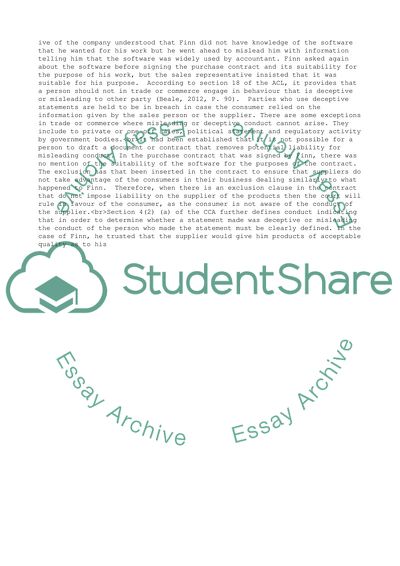Cite this document
(LEGAL ASPECTS Essay Example | Topics and Well Written Essays - 2750 words, n.d.)
LEGAL ASPECTS Essay Example | Topics and Well Written Essays - 2750 words. https://studentshare.org/law/1842977-legal-aspects
LEGAL ASPECTS Essay Example | Topics and Well Written Essays - 2750 words. https://studentshare.org/law/1842977-legal-aspects
(LEGAL ASPECTS Essay Example | Topics and Well Written Essays - 2750 Words)
LEGAL ASPECTS Essay Example | Topics and Well Written Essays - 2750 Words. https://studentshare.org/law/1842977-legal-aspects.
LEGAL ASPECTS Essay Example | Topics and Well Written Essays - 2750 Words. https://studentshare.org/law/1842977-legal-aspects.
“LEGAL ASPECTS Essay Example | Topics and Well Written Essays - 2750 Words”. https://studentshare.org/law/1842977-legal-aspects.


